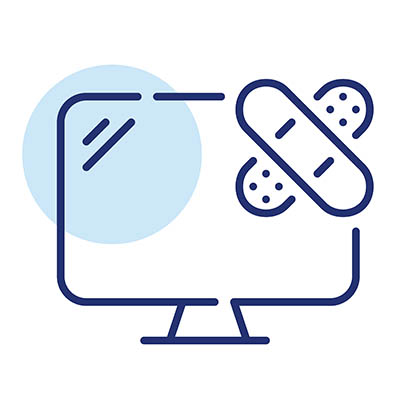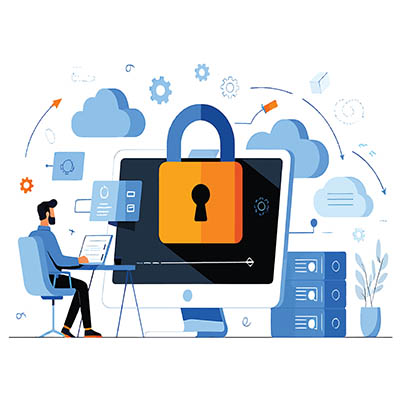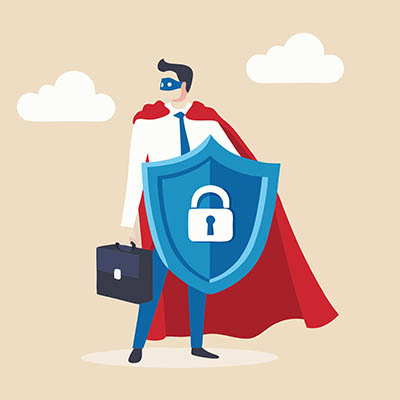With AI now being used by adversaries to reverse-engineer patches and generate exploits in hours rather than weeks, our old Patch Tuesday rhythm is essentially an open invitation to hackers. The truth is, the patching gap is a competitive weakness. If we want to protect our organizations without drowning our teams in manual toil, we have to stop treating patching as a checklist and start treating it as a dynamic, intelligent discipline. Here is how we’re rethinking the vulnerability situation.
As we stand on the threshold of a new year, it’s worth noting that the term “cybersecurity” didn’t even enter the common lexicon until the late 1980s. Before that, we just called it “computer security”—mostly involving locking the server room door and hoping nobody guessed the password was “admin.” Fast forward to today, and the game has changed entirely. “Hoping for the best” is no longer a viable business plan. As you prep your resolutions, it’s time to hit the ground running with a cybersecurity posture that is as modern as the threats we face—a goal that will require training for your entire team.
I know the headache well: that one critical, but crusty, legacy application that the business relies on, but the vendor has long since abandoned. It’s a non-negotiable part of operations, but it sits on an outdated OS or platform, a massive, blinking security vulnerability in the middle of our network. We can’t patch it, and we can’t immediately rip and replace it. So, how do we sleep at night? The answer, increasingly, is through the strategic application of cloud computing. The cloud isn’t just about cost savings or scalability; it’s a fundamental change in how we manage risk, especially the risk posed by unpatchable, end-of-life (EOL) software.
Cyberthreats are no longer rare occurrences; they are constant, evolving, and frequently highly sophisticated. This reality makes a proactive approach to cybersecurity absolutely essential. Organizations that only react to attacks find themselves perpetually engaged in damage control. Failing to establish a deliberate, comprehensive cybersecurity strategy exposes any organization to repeated breaches, critical data loss, and ultimately, a loss of customer trust that can lead to financial collapse. This overview details why addressing these persistent risks is critical for the success of any contemporary business.
The scariest online threats are the ones you don’t even see coming. Picture this: a hacker tricks one of your employees with a sneaky phishing email, steals their username and password, and just walks right into your network. No alarms, no warning. The really good news is there’s a simple fix that can make a huge difference: Multi-Factor Authentication (MFA). Just setting this up is one of the biggest steps you can take to make your business much safer and a lot less likely to suffer a nasty cybersecurity breach.






